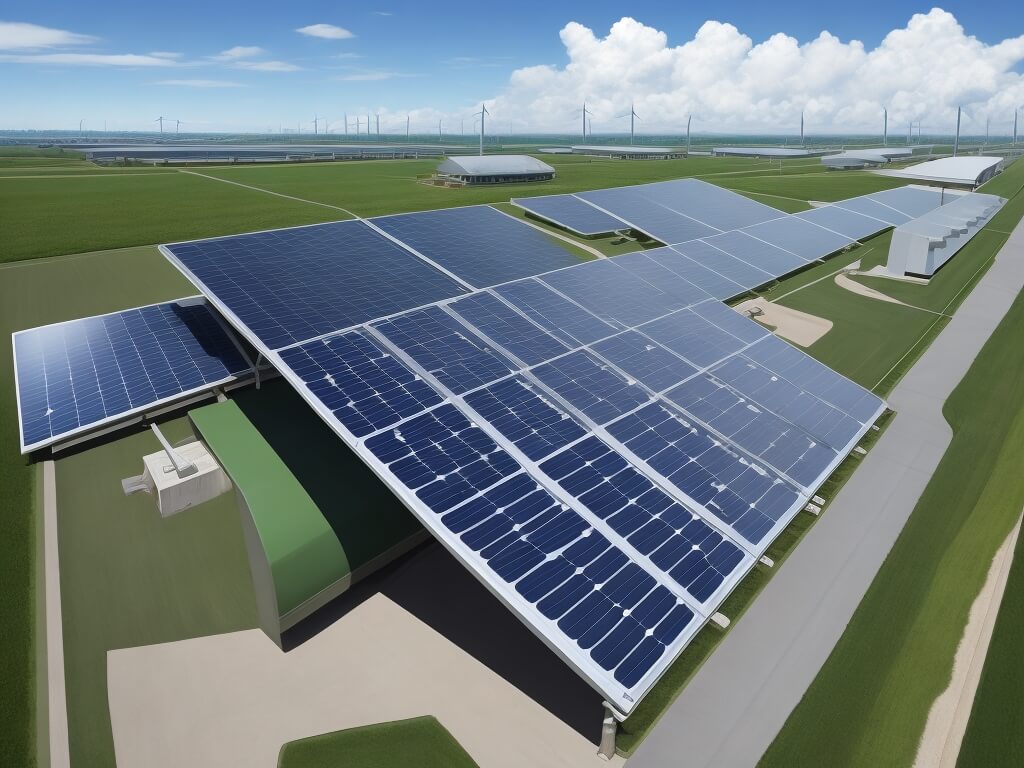
Indonesia, a nation heavily reliant on coal, recently unveiled a substantial investment in a renewable energy initiative, signifying a significant paradigm shift. The financial backing, sourced from global lenders, is anticipated to catalyze increased investments in Indonesia’s renewable energy sector, concurrently supporting decarbonization efforts. Nevertheless, for Indonesia to undergo a substantial transformation, it will necessitate considerably more financial support in the upcoming decades.
This month, the Indonesian government introduced a novel investment strategy, securing $20 billion from global lenders to cultivate its renewable energy capabilities. Spearheaded by the United States and Japan, the Comprehensive Investment and Policy Plan (CIPP) is a cornerstone of Indonesia’s Just Energy Transition Partnership (JETP). The objective outlined by JETP is to reduce grid emissions to 250 million metric tonnes of CO2 by 2030, a marked reduction from the previous estimate of over 350 million.
Utilizing these funds to bolster decarbonization goals, Indonesia aspires to elevate the contribution of renewable energy to 44 percent of the total energy mix by 2030, up from a mere 12 percent in 2022. Erick Thohir, the ad-interim chief minister for investment affairs, emphasized the urgency, stating, “We have to move quickly because 2030 is less than seven years away. The partnership must be enhanced and accelerated to prioritize projects, including promptly realizing the financing commitments.”
Despite this push for renewables, Indonesia heavily relies on coal, accounting for approximately 60 percent of the country’s electricity. While global trends veer away from coal towards cleaner alternatives, Indonesia, along with several other Asian countries, anticipates continued coal usage for years to come. Indonesia holds the title of the world’s largest coal exporter for electricity, a consequence of misguided national energy demand projections leading to the construction of numerous coal plants.
Before discussions on the CIPP began, President Joko Widodo committed to halting the construction of new coal plants. However, the CIPP includes a provision allowing the construction of new coal plants if already in the pipeline or attached to national development projects. This potential loophole raises concerns about Indonesia’s commitment to a green transition while expanding coal capacity.
In September, Indonesia’s state utility, Perusahaan Listrik Negara (PLN), projected a need for approximately $172 billion in funding by 2040 for renewable energy projects and grid enhancements. This includes a $5 billion investment in developing a smart grid to support the integration of variable green energy like wind and solar power. PLN aims to add 32GW of new capacity as a base load and construct new grids to connect an additional 28 GW of renewable power as a variable load.
Evy Haryadi, PLN’s director, emphasized the importance of transmission in the energy transition, stating, “There is no transition without transmission. That is the first challenge, how we transmit power from fairly remote locations to meet demand.” Meanwhile, Darmawan Prasodjo, the CEO, highlighted, “With this accelerated renewable energy development, 75 percent of our additional generation capacity will be based on renewables and 25 percent will be gas-based.”
While the $20 billion funding may not completely transform Indonesia’s energy sector, it is anticipated to kick-start the nation’s journey towards decarbonization, attracting additional funding to the sector. However, criticism has been directed at the CIPP for offering market-rate loans instead of special financing schemes, potentially resulting in high costs for Indonesia and dissuading other countries from entering similar agreements in the future.
In October 2022, the International Renewable Energy Agency (IRENA) published the Indonesia Energy Transition Outlook, encouraging investors to support the country’s green transition. Recognizing Indonesia as the highest energy consumer among ASEAN Member States, IRENA highlighted its pivotal role in the global energy transition, especially considering anticipated economic and population growth. Indonesia’s abundance of renewable resources presents a significant green energy potential, contingent on attracting higher levels of funding.
The CIPP is poised to provide Indonesia with the initial financial impetus needed to initiate its green transformation. The nation, endowed with abundant renewable resources, holds the potential to emerge as a major supplier of clean energy in the region. However, realizing this potential hinges on the government’s commitment to cease new coal plant construction in favor of sustainable alternatives.

